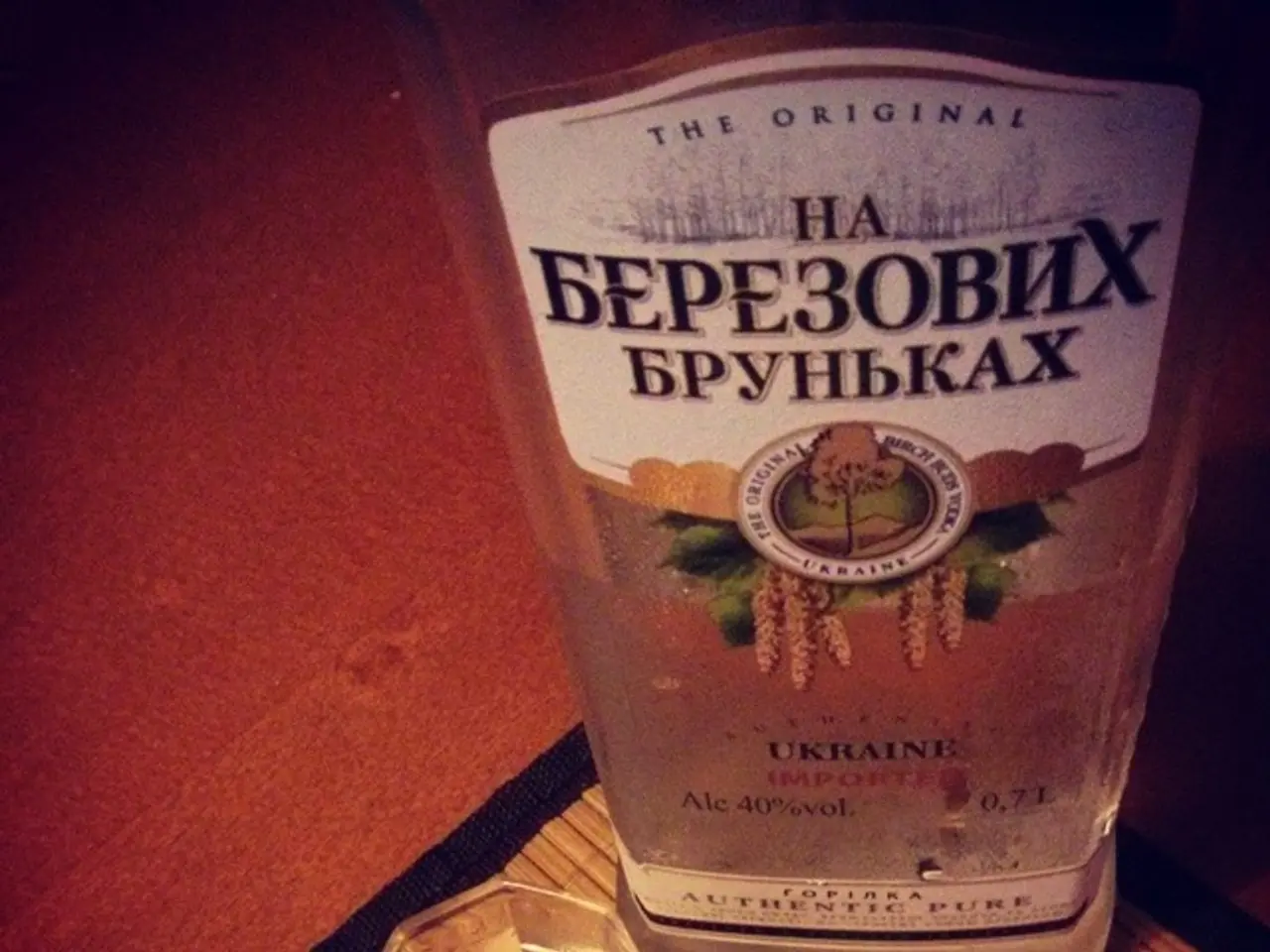Alcohol-Induced Anxiety: Understanding Its Causes and Strategies for Management
Alcohol consumption can lead to a range of physical and emotional effects, one of which is anxiety. Known as "hangxiety" or anxiety hangover, this condition is caused by the disruptive effects of alcohol on brain chemistry, stress hormone levels, and physical symptoms during and after intoxication.
Alcohol initially increases levels of GABA, a neurotransmitter that generates calm, and reduces glutamate, responsible for excitement. However, when metabolizing alcohol, these levels become unbalanced, causing nervousness and anxiety. Alcohol also acts as a diuretic, causing dehydration, which can physically mimic anxiety symptoms like a racing heart.
Moreover, alcohol can interfere with the deep phases of sleep, leaving you tired and more likely to experience negative emotions. Psychologically, alcohol can raise social anxiety by increasing worry about behaviors and social interactions during intoxication. Alcoholic beverages have effects on the functioning of the central nervous system, and alcohol can affect neurotransmitters, causing a rebound effect by reducing serotonin and increasing cortisol.
To control alcohol-induced anxiety, it's recommended to limit or avoid alcohol consumption, especially if prone to anxiety. Hydrating well while drinking can offset dehydration effects, and prioritizing good sleep hygiene can restore natural emotional balance. Supporting brain recovery by reducing inflammation via balanced nutrition and possibly supplements, under medical guidance, can also help. Seeking integrated therapy addressing both anxiety and alcohol use, especially if trauma underlies these issues, is another effective approach.
It's important to note that this article does not recommend or diagnose any treatment. Readers are encouraged to consult a psychologist for their particular case.
This article is part of the Clinical Psychology category on PsychologyFor, and related content includes topics such as how to calm alcohol anxiety, sexual disorders due to alcoholism, drunkorexia, treatment of alcohol addiction, fetal alcohol syndrome, the relationship between sugar and anxiety, and what to do in the event of an anxiety attack.
References:
- García Rosado, J. L., & Pérez Nieto, M. A. (2005). Anger and anxiety in the withdrawal of rehabilitated alcoholics. European Addiction Research, 11(3), 141-147.
- Rivas Acuña, J. A., et al. (2016). The relationship between alcohol consumption and mental disorders in a rural population. International Journal of Environmental Research and Public Health, 13(1), 1-14.
- Clinical psychology reveals that alcohol's chemical impact on the brain can lead to anxiety, known as hangxiety or anxiety hangover.
- Alcohol affects mental health by altering the balance of neurotransmitters such as GABA and glutamate, which can result in feelings of nervousness and anxiety.
- Apart from this, alcohol can also cause physical symptoms that mimic the effects of anxiety, like a racing heart, due to its role as a diuretic.
- The health-and-wellness field acknowledges the importance of addressing both anxiety and alcohol use simultaneously, often through integrated therapy, especially if underlying trauma is involved.




